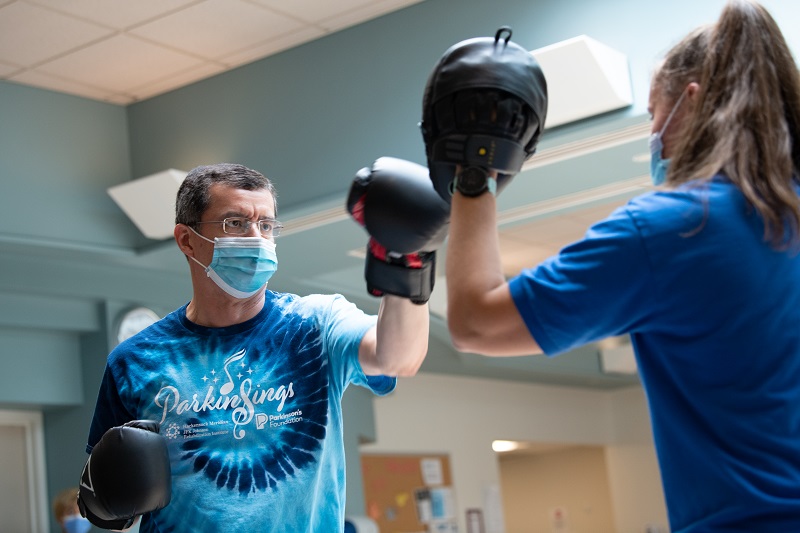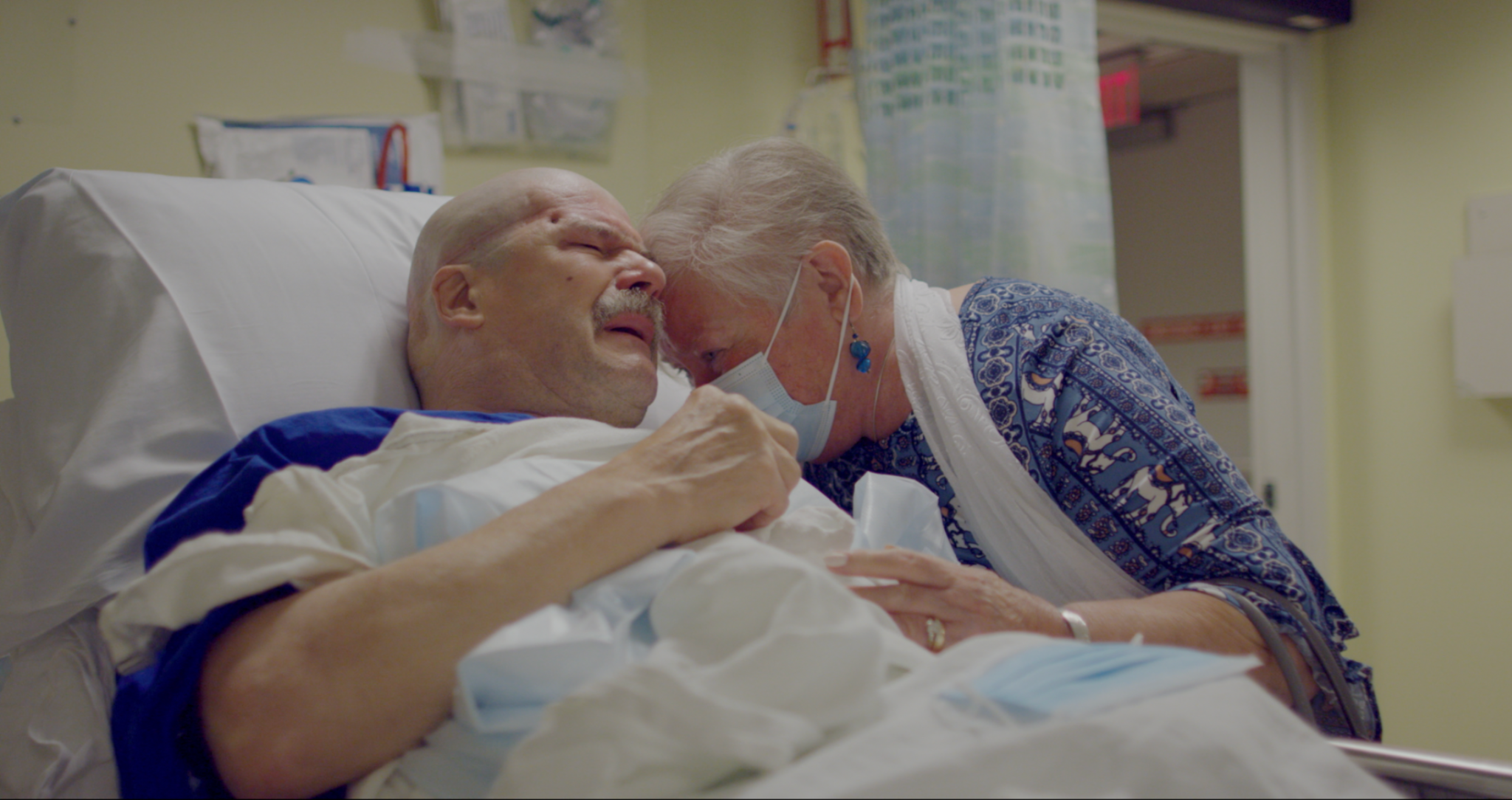

Essential Tremor Care in New Jersey
What is Essential Tremor?
Essential tremor is one of the most common types of movement disorders and the most common type of tremor, affecting 10 million Americans. Often confused with tremors associated with Parkinson’s disease, it’s a neurological disorder that causes rhythmic muscle contractions and involuntary shaking in the hands, arms, legs, head or torso. It can also affect the vocal cords, causing a shaky voice.
Although essential tremor is generally a benign condition, some tremors can be so debilitating that they impact a person’s ability to complete daily activities, such as writing, shaving or lifting a fork.
Essential Tremor Care Locations
Our essential tremor experts include neurologists, neurosurgeons, physiatrists, neuropsychologists, advanced practice nurses and social workers who provide you with the best care and treatment options available.
- Hackensack University Medical Center
- JFK University Medical Center
- Jersey Shore University Medical Center
- JFK Johnson Rehabilitation Institute
Focused Ultrasound Treatment for Essential Tremor
Hackensack Meridian Health is currently the only health care network in New Jersey offering high intensity focused ultrasound treatment for the treatment of essential tremors and Parkinson's disease tremor that has not responded to medications.
We offer this minimally-invasive treatment at three of our Hackensack Meridian Neuroscience Institute care locations. Find out if you are a candidate.
Frequently Asked Questions About Essential Tremor
Search Our Provider Directory
Helpful Support Groups
Deszo’s Story: Focused Ultrasound
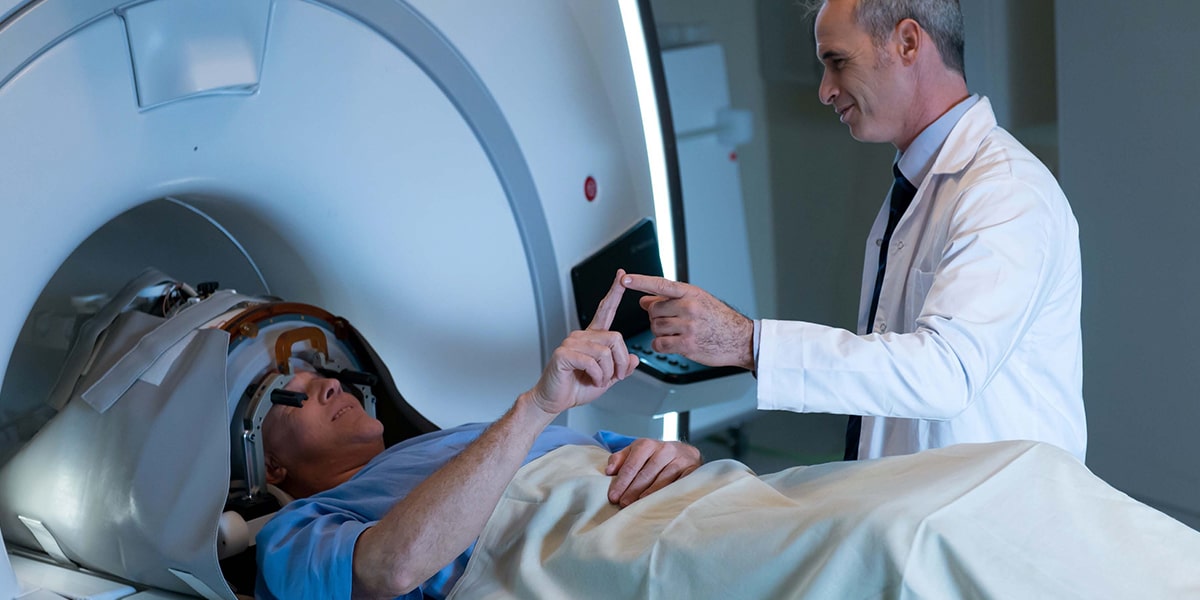
First Noninvasive Neurosurgical Tremor Treatment in NJ
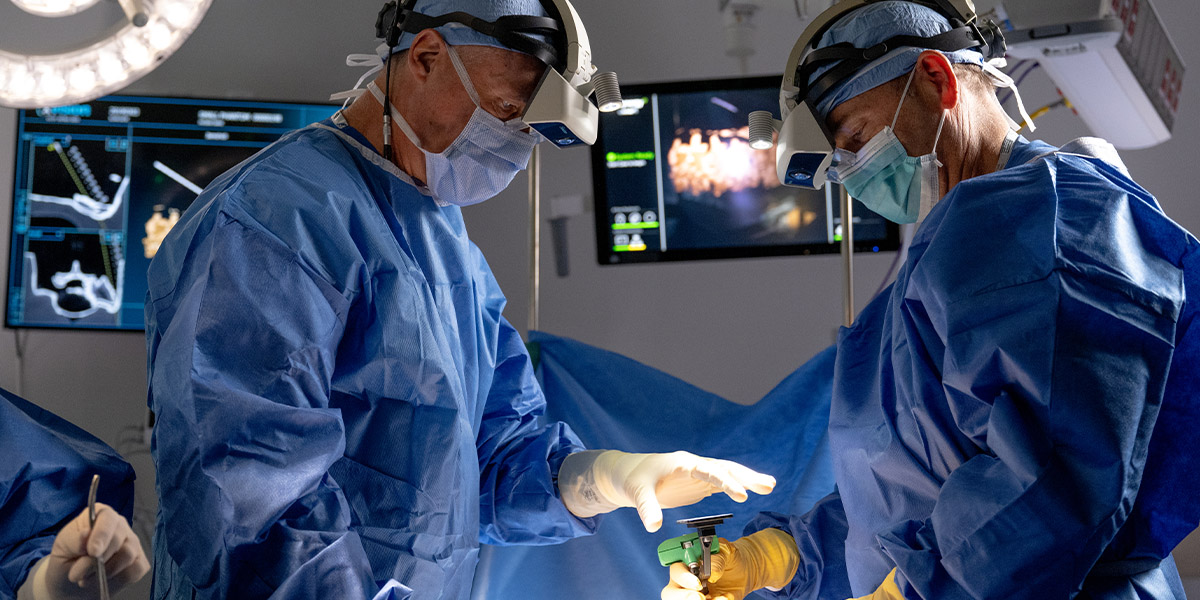
See More Articles
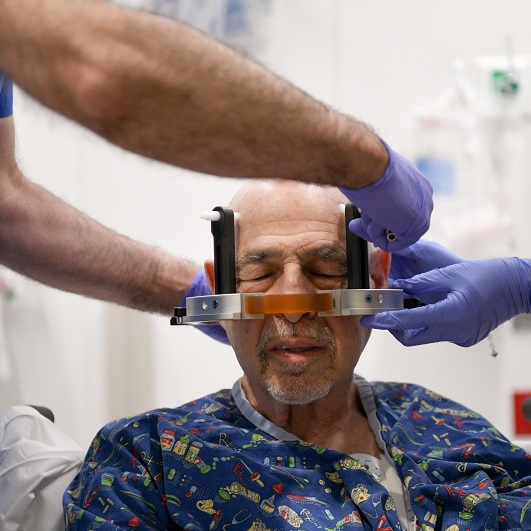
Innovative Technologies for Movement Disorders
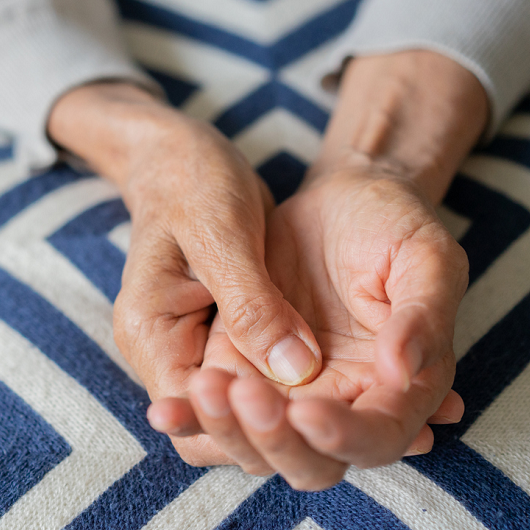
Fact or Fiction: Understanding Essential Tremors

What Is a Tremor a Sign of?
